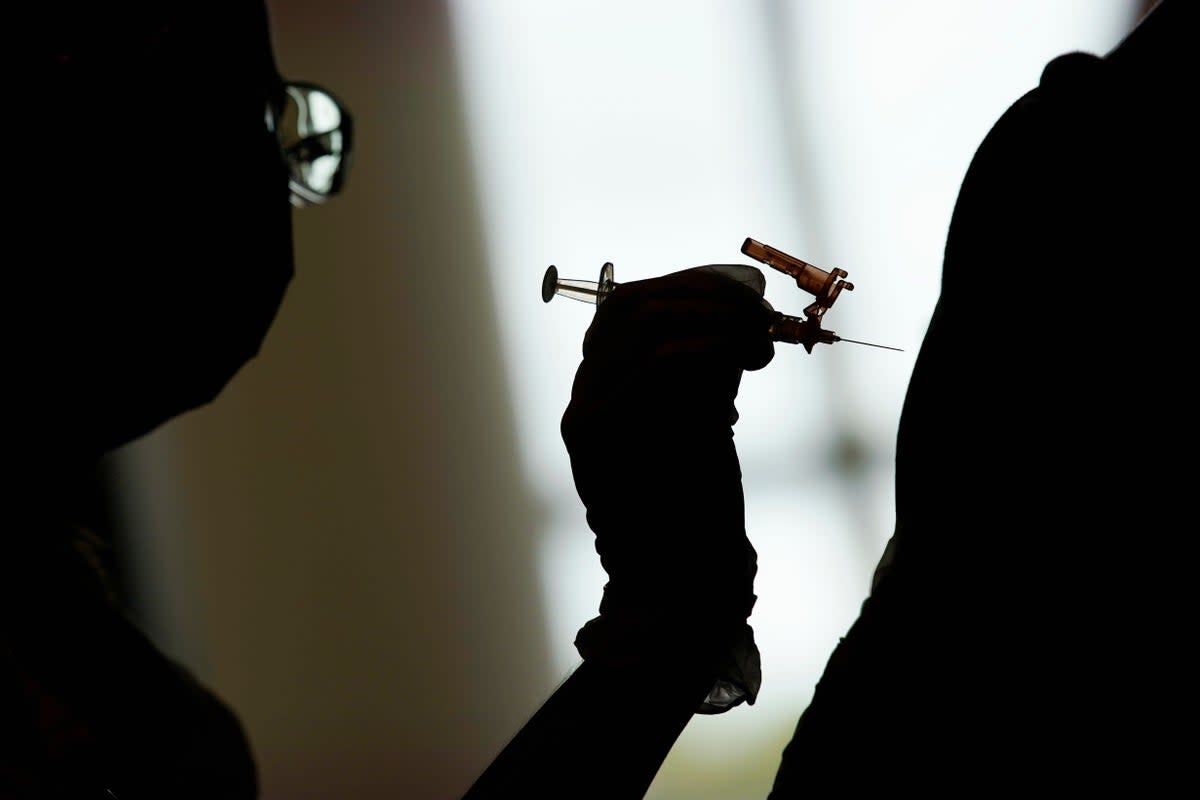Scientists inch closer to Covid vaccine that provides lifelong protection

Scientists have shown that a new Covid vaccine provides more durable protection against the novel coronavirus in animals than existing ones, an advance that may lead to a better therapeutic offering lifelong immunity against the virus.
While existing Covid vaccines provide protection against serious disease and death from the Sars-CoV-2 virus infection, the immunity they confer, however, wanes after providing temporary bursts of protective antibodies, leaving most individuals vulnerable to repeat infections.
The new vaccine, dubbed MT-001, may provide longer-lasting protection in humans against many variants of the virus, according to the study, published recently in the journal Vaccines.
“We need a better vaccine, one that provides years of robust protection with fewer booster shots against a variety of SARS-CoV-2 strains. Our data suggest this vaccine candidate might be able to do that,” study co-author Stephen Anderson from the Rutgers University in the US said.
“Thankfully, the current vaccines saved many lives, but they’re still not optimal in some important respects. They may not durably prevent people from getting sick,” Dr Anderson said.
While most existing Covid-19 vaccines delivered across the world use the coronavirus spike protein as a trigger for boosting the body’s immune response, the new MT-001 vaccine candidate uses a unique section of that viral spike protein as its immunogen, scientists say.
They say this section of the spike protein encompasses most of the targets for protective antibodies, including regions that are likely to remain unchanged in future variants.
Mice and hamsters immunised with a regimen of the vaccine demonstrated “extremely high” anti-spike IgG antibody levels, and this immune response, scientists say, “did not appreciably wane for up to 12 months following vaccination.”
Thus, researchers say MT-001 may potentially elicit “broadly neutralizing” antibodies against SARS-CoV-2 variants currently circulating in the human population as well as future variants that have not yet appeared.
Scientists also noted that the vaccine candidate was designed to be straightforward to manufacture and distribute without needing special low-temperature handling.
Due to this feature, the MT-001 prototype could be made readily accessible, even in places where cold-storage infrastructure is lacking, according to researchers.
“In theory, it’s possible that a booster shot of our variant-updated version of MT-001 could provide lifelong protection,” Dr Anderson said.
The animal data indicate that it should, at the very least, provide protective antibody levels for at least a year or more, which is a vast improvement over today’s vaccines, particularly given that many people are clearly unwilling to get a booster every few months,” he added.

